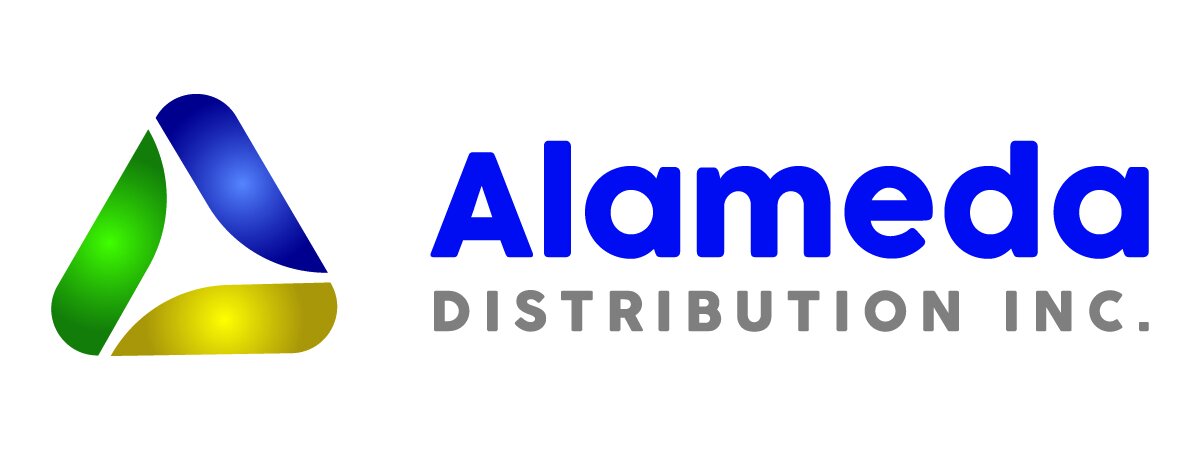What Should I Know About Container Unloading Regulations in Los Angeles?
Navigating the regulations around container unloading in Los Angeles can be a daunting task. With a combination of federal, state, and local laws to consider, it's important to stay informed to ensure compliance and avoid costly fines. This FAQ aims to break down what you need to know in a straightforward, easy-to-understand manner.
What Federal Regulations Apply?
Federal guidelines often set the baseline for container unloading practices. It’s important to be aware of relevant U.S. Department of Transportation (DOT) and U.S. Coast Guard regulations that might affect your operations. For instance, while the DOT oversees general transportation safety standards, the Coast Guard contributes to maritime safety protocols.
Understanding the intricacies of these regulations is vital. The DOT is particularly concerned with safe and secure transport practices, which include the proper handling of hazardous materials during unloading. Meanwhile, the Coast Guard has a hand in ensuring port safety and can mandate specific unloading procedures to prevent maritime hazards.
Compliance with federal regulations is not just about meeting safety standards but also about ensuring the legitimacy of your operations. Violations can result in severe penalties, including fines and operational shutdowns. Therefore, regular reviews of federal protocols and employee training are part of maintaining compliance.
Understanding State-Specific Regulations
California imposes additional requirements that must be adhered to, especially concerning environmental impacts and workforce conditions. Unlike federal laws, state regulations often reflect local concerns and industry practices specific to California.
For instance, the California Air Resources Board (CARB) enforces strict emissions standards that can affect the type of equipment used during unloading. Businesses operating in Los Angeles need to ensure compliance with these environmental standards to avoid penalties.
Moreover, labor laws in California demand fair practices and employment conditions. The California Occupational Safety and Health Administration (Cal/OSHA) oversees workplace safety, mandating that all container unloading operations meet stringent safety guidelines to protect workers.
Local Ordinances in Los Angeles
Los Angeles has its own set of rules that further influence unloading activities. These regulations often target the reduction of traffic congestion around ports and minimizing the environmental footprint of logistics operations.
Local ordinances may require specific permits or restrict unloading times to reduce noise pollution, thereby aligning with the city’s broader environmental sustainability goals. Businesses must stay updated on these local requirements to smoothly navigate their operations.
For example, the Port of Los Angeles works closely with local authorities to implement regulations that streamline logistic processes while protecting the environment. This ensures that the city can handle increased shipping demands efficiently.
Environmental and Safety Standards
In addition to legal requirements, there are best practices focused on minimizing environmental impact and enhancing safety during unloading processes. These standards are critical, especially given Los Angeles's focus on sustainability and worker safety.
Companies often adopt advanced unloading technologies and methods to reduce their carbon footprint. Utilizing energy-efficient machinery and ensuring proper waste management practices can significantly align operations with industry expectations.
Workplace safety is an essential part of organizational culture. Regular training and adherence to safety protocols not only protect employees but also enhance overall productivity and compliance with OSHA standards.
Steps to Ensure Compliance
Compliance begins with thorough knowledge of applicable regulations across federal, state, and local levels. This involves maintaining up-to-date records and staying informed on new regulatory changes.
Organizations like Alameda Distribution Inc. offer expert unloading services, ensuring that all protocols are met efficiently. Their specialized 3PL solutions cater to varying logistics needs, helping businesses seamlessly align with compliance standards.
Conducting regular audits and assessments helps in identifying non-compliance issues before they become problematic, allowing for preventive measures. Effective staff training programs also play a pivotal role in maintaining high compliance standards and operational safety.
Wrapping Up: Compliance and Best Practices
Understanding the regulations surrounding container unloading in Los Angeles is crucial for maintaining smooth operations and avoiding penalties. By staying informed and ensuring compliance with these guidelines, businesses can efficiently handle their logistical needs while contributing to a responsible trade environment. Connect with Alameda Distribution Inc. today to streamline your logistics in Los Angeles.

